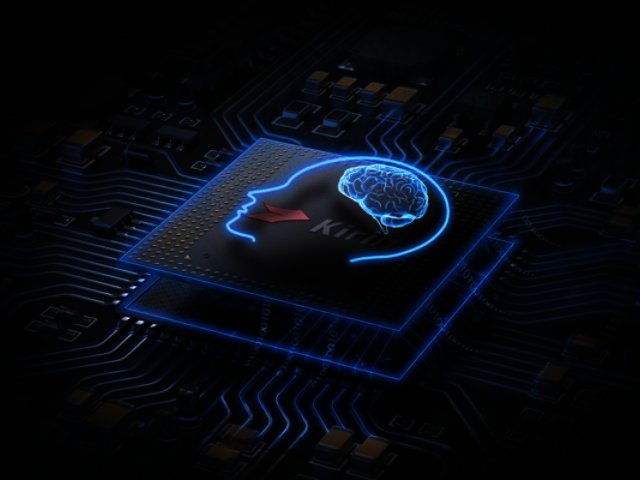Q&A: Huawei Mobile South Africa, Unpacking Mobile AI
By Robin-Leigh Chetty 8 November 2017 | Categories: interviews
This week Huawei Mobile South Africa lifted the veil on its latest offering, the Huawei Mate 10 Pro, debuting it at an event in Cape Town and introducing it to local consumers. Apart from being a highly specced mobile device, the Mate 10 Pro also touts an on-chip AI design in the form of the Kirin 970 processor.
Featuring what Huawei calls Mobile AI, it promises to not only make the device smarter over time, but also power much of its AI capabilities without the need for a constant cloud-based connection.
To gain a better understanding of Mobile AI, as well as what the next few years may hold for Huawei and its processor manufacturing, we sat down with product marketing director, Akhram Mohamed for greater insight. This is what he unpacked.
TechSmart: Much has been made of AI recently, what value does it hold for mobile consumers and how has Huawei leveraged it on the Mate 10 series?
Akhram Mohamed: I think the focus for Huawei, especially when we said that we're bringing in an AI mobile computing platform rather than a AI function or feature, is that we wanted to improve usability, performance, speed, battery life, and more. The difference, however, is that now we're opening up the Kirin 970 platform to developers via Tensor and Caffe, and encouraging them to be creative.
With Mobile AI, we're not saying this smartphone is going to decide everything in your life. It's rather going to give you a smartphone to help improve all the things you normally do on a mobile device, which was not possible before. It can do so because the Mobile AI chip has the ability to manage resources more effectively.
On the Mate 10 series, it means that the Mobile AI chip can better understand your usage patterns and enhance the overall experience. Whereas in the past you would rely on online AI processes to do so, this new processor is able to make them happen natively.
TS: Does that mean Huawei wants to bypass the cloud to deliver its AI?
AM: We want to integrate cloud into the device that consumers have in their hand. For AI to function and perform well, you require a substantial knowledge base, and cloud provides that. I think Huawei's position is to enhance what cloud already affords users, and it's something we'll be driving forward with this new chipset.
TS: Huawei has mentioned that Mobile AI chips will be the choice for future flagship phones. Will this technology be filtering down to forthcoming mid-range devices?
AM: At this stage I cannot confirm anything for specific devices. Like Motorola claims to have created the first mobile phone, we believe that we've made the first intelligent phone thanks to AI. The only way that we can deliver that intelligence to more consumers is through making it available in a wider variety of devices.
It should follow a natural trend, whereby we see Mobile AI chips in other products and devices in the near future. It may not be the Kirin 970 chipset, but it can certainly be a lesser specced chipset designed for AI capabilities in a more affordable handset.
What's important to note is that this is only the first generation of AI chip. By the time we get to generation two and three, components will naturally become easier to get hold of, and therefore more cost effective for consumers.
TS: You mentioned opening up the platform to developers. While it is still early days in the process, what types of applications are devs using the Mobile AI platform for?
AM: I think because Huawei has been pushing the development of camera-based software in our own right, developers seem to be following a similar approach. As such, they're looking at ways to see how they can optimise image and scene recognition in interesting ways.
Another area that developers are looking to push things is natural language understanding and translating. This is not simply focused on translating text, but also providing answers to a specific query, much in the way that a digital assistant would.
TS: Speaking of which, we’ve seen a number of Android phone makers go the digital assistant route. Could Huawei utilise its AI chips to make its own version moving forward?
AM: I think it's something we're aware of, and we've played around with it in the past to some extent. In the Huawei P8 for example, there was voice recognition that users could enable to help find their phone.
To then be able to optimise our devices to leverage AI for those kinds of applications is certainly a possibility and an area that Huawei is actively investigating.
For now though, the most important aspect is to see how the processing power of the Kirin 970 is utilised for multiple applications. It's all well and good to create an application that exists natively within the Huawei ecosystem, but that is limiting for the phone if we do it for ourselves. What we're saying is, let's open it up and encourage innovation.
Most Read Articles

Have Your Say
What new tech or developments are you most anticipating this year?



